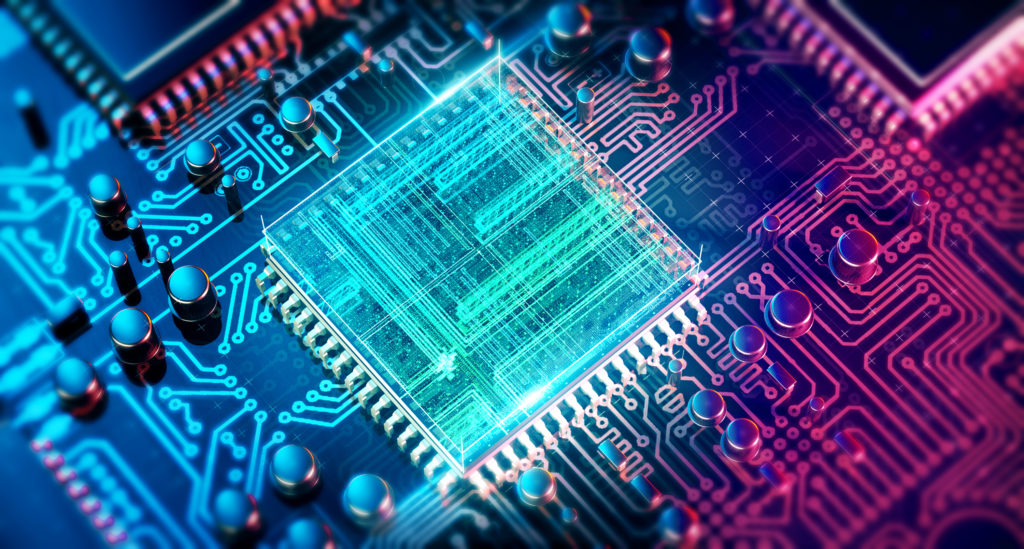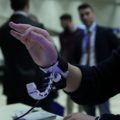
For many, certainly the majority, quantum computers remain a mystery. Which is not surprising because it is quantum physics itself that is hardly digestible to most. Einstein himself considered it to be of an almost indecipherable theoretical complexity. But quantum computers are already a concrete reality, even if to be able to use them effectively it will take a little more time than expected.
But what are these super computers for, capable of eclipsing current computers and essentially sending them to the attic? Some uses are to make it much faster discovery of new medications, make the forecasts meteorological increasingly precise and localized, empowering to previously unknown levels intelligence artificial and more.
These are some of the potentials attributed to these revolutionary computers, no longer based on bits, but on qubits (quantum bits). These digital units exploit two known properties of quantum mechanics - the overlap is entanglement - to exponentially increase the calculation speed and solve problems that even for the most powerful supercomputers in the world would be impossible (or would take an unreasonably long time).
The best-known potential application of quantum computers - theoretically demonstrated by Peter Shor in 1994 - is the ability to decipher even cryptographic algorithms used, for example, in the field of bitcoin, internet financial transactions and digital signatures. This potential has naturally attracted a lot of attention. But there is a problem: no one is still able to concretely produce a quantum computer capable of doing such things and there is no way to know when it will be possible.
What, then, about the era of quantum supremacy, announced by Google in 2019 when its Sycamore computer actually managed to solve in minutes a calculation that would have taken hundreds of years for a traditional computer? It was, in reality, a demonstration without practical applications and designed by researchers for the sole purpose of showing the potential of the device and which served to demonstrate that these computers can actually do things that are impossible for traditional ones by exploiting experiments designed exactly for this purpose.
Recently, quantum physics teacher Sankar Das Sarma wrote about Technology Review of MIT: “The most advanced quantum computers today have a few dozen physical qubits they cause decoherence (or noise). Building a quantum computer capable of deciphering RSA codes from such components would require many millions if not billions of qubits. Only tens of thousands of these would be used for computation, the so-called logical qubits; the rest would be necessary to correct errors, compensating for decoherence ".
There decoherence, explained Signorelli in a recent article on The Republic, it is the phenomenon that causes, due to the interaction between the qubits and the environment that surrounds them, the decay of quantum states before the work of the qubits is completed. This state is in fact extremely delicate: the smallest vibrations (even a collision between air particles) or the slightest changes in temperature can make the qubits exit early from the overlap they are in, providing completely random results. This is why, for example, the Q System One from IBM it is protected by a hermetically sealed glass case equipped with a cooling system close to absolute zero.
It should therefore be remembered that today's most advanced quantum computers have some dozens of physical qubits, while millions or billions would be needed to achieve the promised results. And the road to get there is therefore still quite long and the advent of real quantum computers could be much more distant than is usually said.
However, the achievement of quantum supremacy has propelled us into a new era, defined by scientists NISQ (noisy intermediate-scale quantum), meaning the possibility of developing quantum computers of intermediate size - that is, with a still limited number of qubits - while knowing that the background noise will allow us to have only partial control over the results that can be obtained. Not yet perfect quantum computers, therefore, but still useful, even if Das Sarma himself has some doubts: "The idea is that small collections of noisy physical qubits could still do something useful and better than a classic computer, but we're not sure about many things: how noisy? How many qubits? Is it really a computer? What noteworthy problems could this Nisq machine solve? ”.
The experiments conducted so far through Nisq would not have shown substantial advantages over traditional computers or in any case - except for very specific research fields - they have no commercialization potential. There have been proposals regarding the use of small-scale quantum computers for drug design or to aid in finance, but no technical paper has so far offered convincing demonstrations that quantum computers, including NISQ machines, can bring about significant optimizations. .
Although we often talk about quantum computers as if they were about to revolutionize the world, therefore, the reality is quite different. We may still be at the beginning of the road and decades away from realizing what, it seems, are still dreams.






